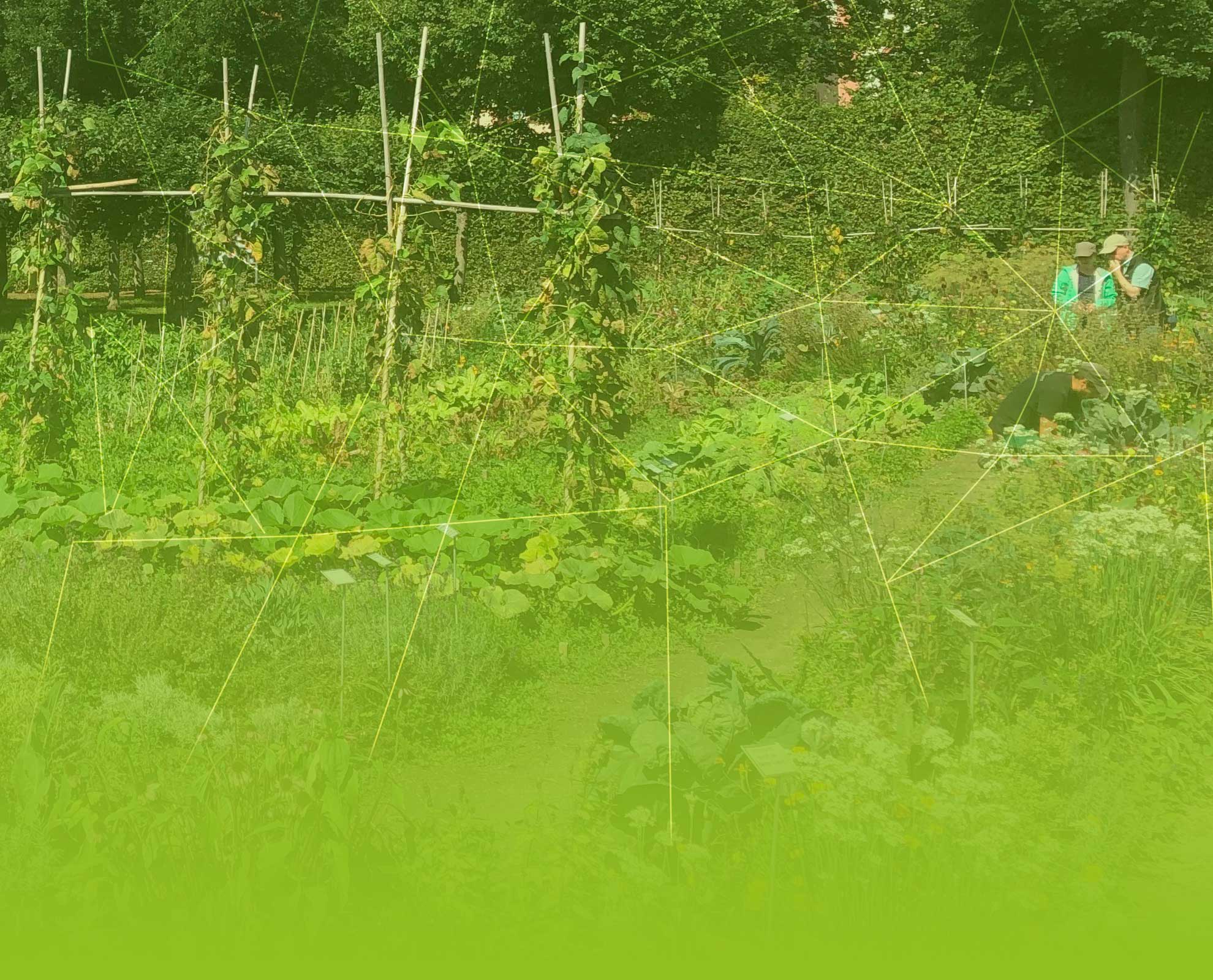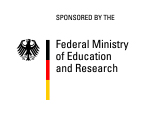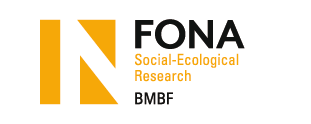This cluster deals with the following questions:
• How can the interplay of diverse actors, different roles and a possible need for controlling processes be addressed in the context of research design for living labs?
• Which methods are (not) appropriate for use in living labs? In what order should the methods be applied?
• How can the quality of action research in living labs be assured? How can the criterion of validity be addressed?
• Should research design in living labs be considered distinct from transdisciplinary research? To what extent? Where do they overlap and what are the differences?




